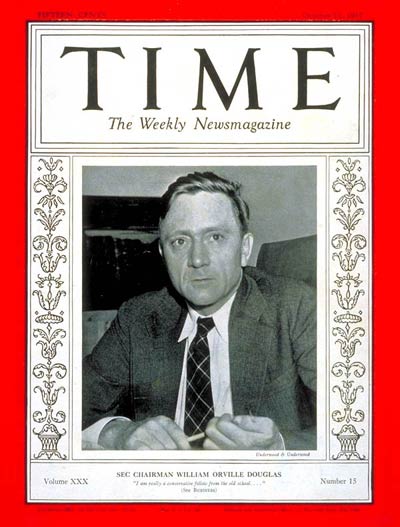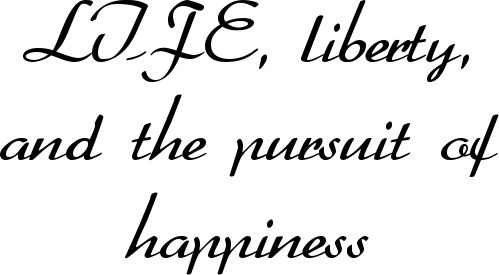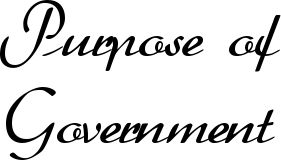| -------------------------------------------------------------------------------------------------------------------------------------------------------------------------------------------------- | |||
 |
|
|
|
 Image borrowed from ratiojuris.blogspot.com |
Griswold v. Connecticut challenged a law that prohibited the use of any drug to prevent pregnancy in the state of Connecticut. The law was eventually overturned due to the fact that it violated marital privacy. What was peculiar, though, was that privacy is not mentioned in the Constitution or the Bill of Rights. Justice William O. Douglas wrote that the right to privacy was found within other constitutional rights. |
Image borrowed from kerry.senate.gov |
|
| -------------------------------------------------------------------------------------------------------------------------------------------------------------------------------------------------- | ||||




